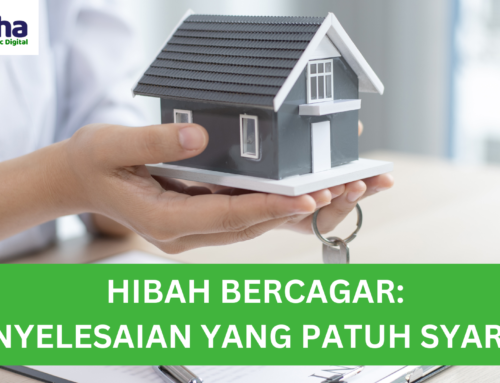PART 2: CONDITIONS & FAQ FOR HIBAH
PART 2: CONDITIONS & FAQ FOR HIBAH
Conditions of Hibah
Three elements need to fulfil in order to establish a Hibah. As following the sharia and as applied in the law case of Teh bt Ngah v Limah bt Ismail & Ors [2011] 4 SHLR 64, the elements are as below:
- There must be parties to Hibah:
- the donor, i.e., al-Wahib, who makes the Akad and;
- the donee, i.e., al-Mahwub, who accepts the Hibah;
- There must be the commencement of akad of Hibah through offer and acceptance, i.e., ijab and qabul; and
- The assets or property and land of the Hibah, i.e., al-Mawhub.
Questions about Hibah
This section lays down a few questions that inquire by the public pertaining to Hibah:
A. Can step parents make a hibah for their stepchildren?
Yes.
Hibah can be made from their stepparents to their stepchildren as Islam allows Muslims to make a Hibah for anyone they wish. It is encouraged in Islam as in the Hadith, the Holy Prophet (PBUH) said:
“The one who cares for an orphan and me will be together in Paradise like this,” and he held his two fingers together to illustrate.” (Bukhari 5659)
B. Can Hibah give to an organisation?
Yes.
As mentioned above, the perk of Hibah is that a person can give out his or her property to other persons or even organisations.
C. Can Hibah gives to the blood-related members
Yes.
Although in Syariah law we practice Faraid, Muslims can alternate for Hibah if they wish to give property or land to anyone they like.
D. Can Hibah be received when the donor dies or is alive?
Hibah can be made either when the donor has died or is still alive. It depends on the categories of Hibah. There are two classifications:
- Absolute Hibah, i.e., Absolute assignment
The Hibah is made while the donor is still alive, and the ownership of his or her property or land will be instantly given away to the donee.
- Conditional Hibah
A conditional Hibah is a contractual Hibah in which the settlor attaches specific conditions to the Hibah contract for the ownership transfer to take effect. The most common are as follows:
Umra
Umra conditional Hibah is when there is a limitation period of property ownership based on the donor’s death or donee.
Ruqba
Ruqba conditional Hibah is the transfer of ownership from one person to another. In other words, if the donor or donee dies, the property bestowed as Hibah will pass to the person still alive. In Malaysia, this classification of Hibah is commonly adopted in takaful business.


















